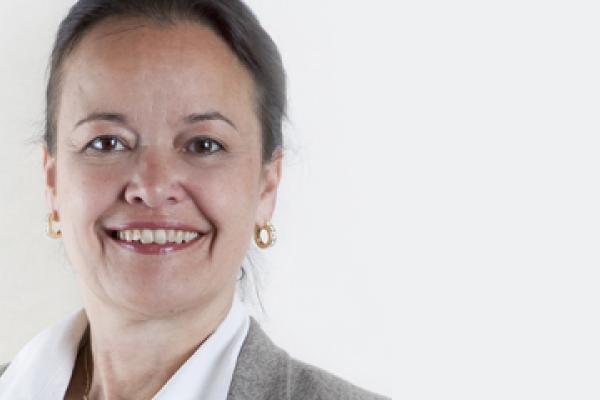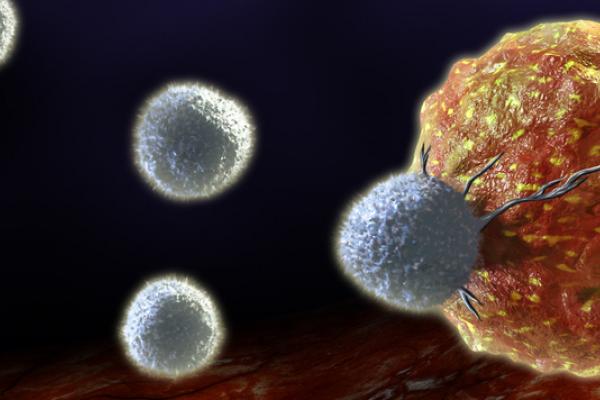Fighting cancer
This issue of Horizon looks at EU research which is holding out the promise of radical new treatments for cancer.
Around 1.8 million Europeans died of cancer last year, making it the second-biggest killer after cardiovascular disease. In November, Horizon looks at powerful new techniques that could improve cancer survival rates.
We look at technology that allows doctors to stay ahead of mutations in tumour cells by adapting treatments in real time, and we examine techniques that can turn a patient’s immune system against cancer.
For our Views section, Professor Martine Piccart, a former president of the European Organisation for Research and Treatment of Cancer, explains what is required to individualise cancer therapy, so that it matches the specific needs of each patient.






